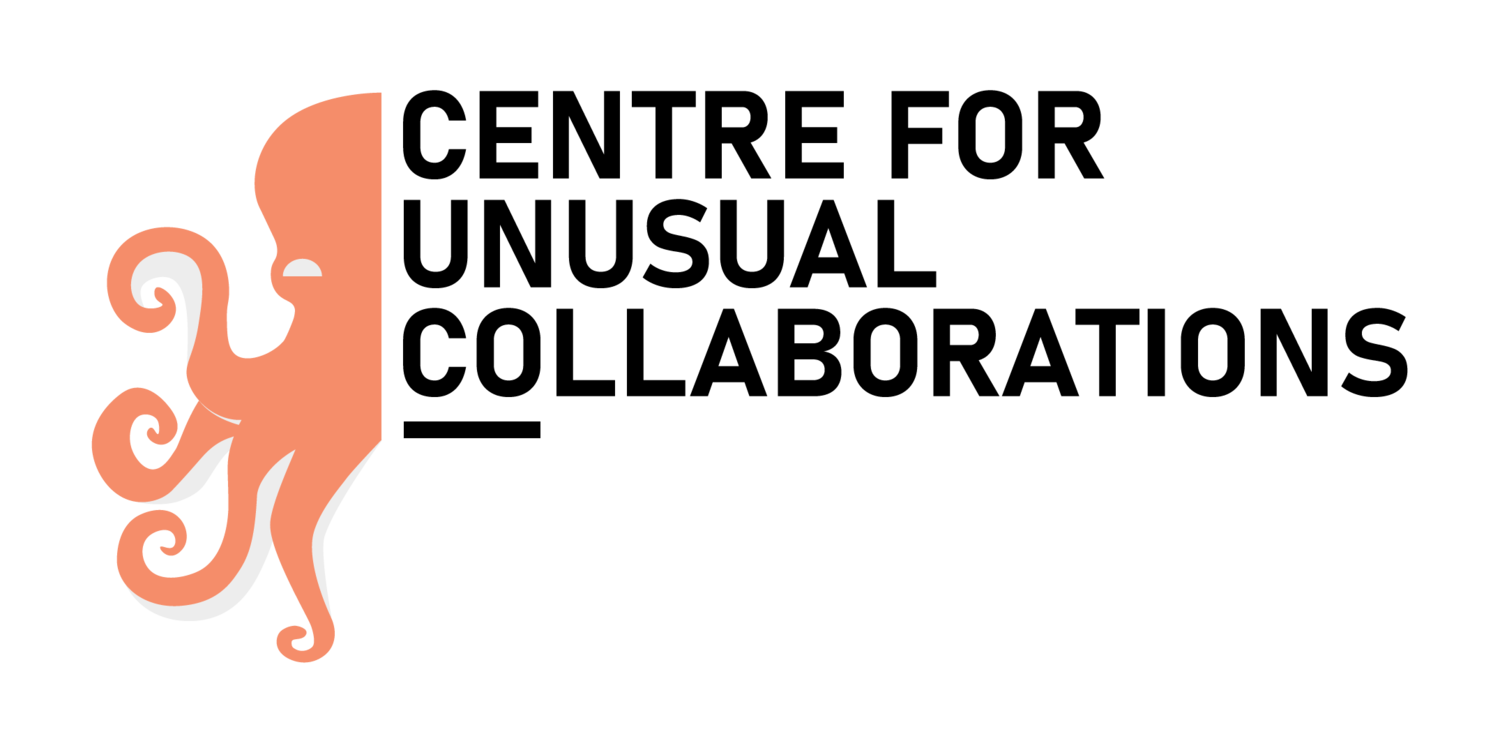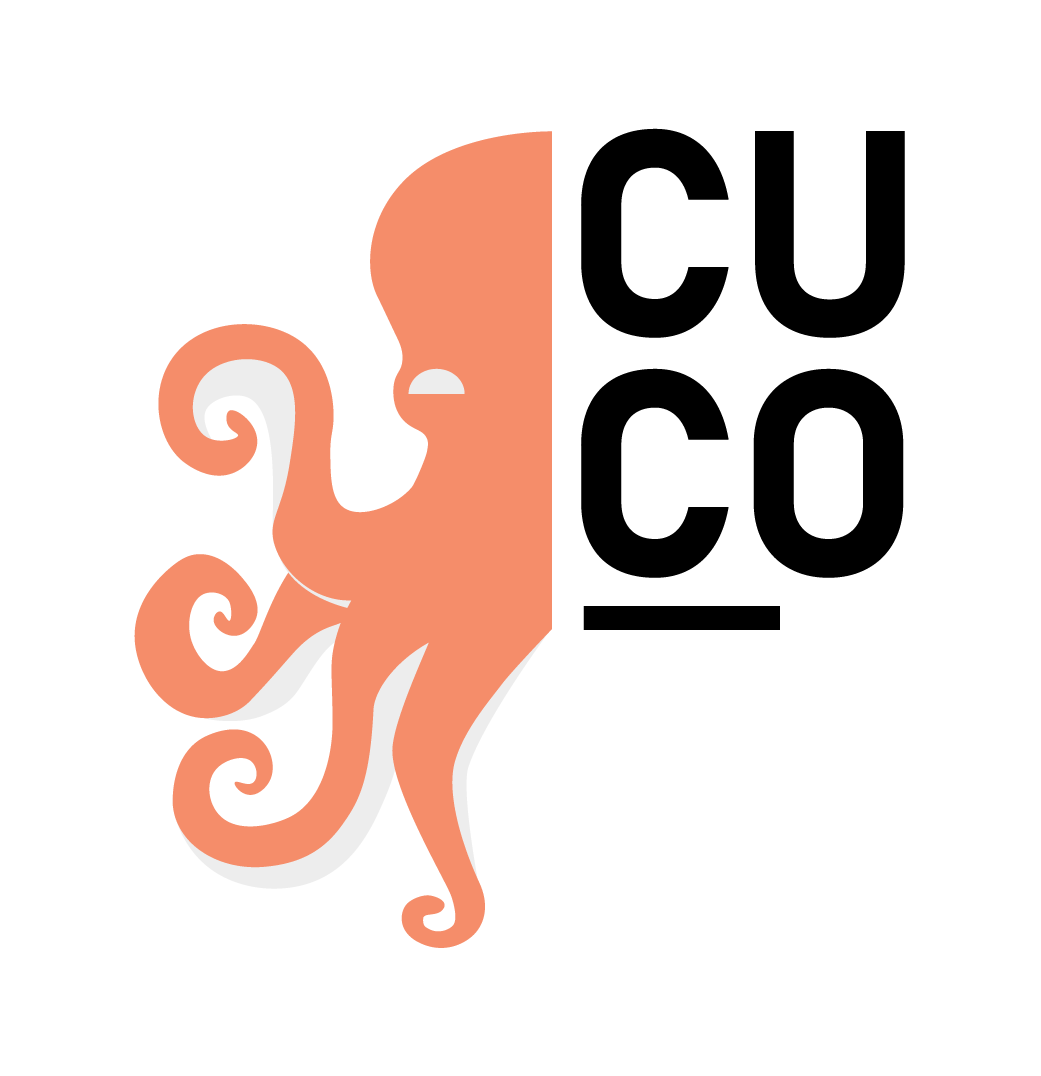Interview with Annemarie Horn
First things first: could you tell us who you are?
I am an Assistant Professor at the Liberal Arts and Sciences (LAS) Department of Utrecht University. I spend about half of my time on teaching and coordinating courses in the LAS bachelor program. Those courses focus especially on how to conduct interdisciplinary research, training interdisciplinary competencies like integrating, collaborating, and understanding disciplinary views. In addition, I coordinate our ‘tutoraat’; the mentorship program within the bachelor that ensures a cohesive learning journey for LAS students focusing on their personal and professional development as ‘disciplined interdisciplinarians’ across the alpha, beta and gamma domains.
I also dedicate a significant portion of my time to research, specifically on inter- and transdisciplinarity. How does inter- and transdisciplinary research take shape, especially in collaborative environments? For example, I'm involved in a big consortium working on human-wildlife interactions, in which academics from different disciplines and diverse societal actors collaborate. For instance, the hunters and farmers association and terrain managers are involved. We study how this collaboration unfolds and can be supported and facilitated. In my research I am particularly interested in knowledge integration within the context of inter- and transdisciplinary research .
What sparked my interest in inter-and transdisciplinary research and education is also my own experience throughout my academic career so far. My journey started in neurobiology, where I grappled with understanding how activity of large numbers of brain cells could emergently lead to complex human behaviours. I felt a bit disillusioned by the methodological constraints of the traditional research in this field. Therefore, after completing my research master in neuroscience I left academia, to return only a few years later in an entirely different context: with a lot of luck and some coincidence I ended up as a PhD candidate studying inter- and transdisciplinary education from a social sciences perspective. This was both very challenging and very transformative! I had to socialize into an entirely different disciplinary culture and develop competence in methods that were entirely new (and a little awkward) to me. My own interdisciplinary experience inspired me to work on interdisciplinary education, aiming to offer students similar transformative experiences.
Could you elaborate a bit more on what sparked your interest in CUCo?
What I really like about CUCo is that things are really done differently. One of the things that I find a shortcoming in discussions nowadays is that interdisciplinarity is quite often used as synonymous to problem solving. Funding mechanisms often prioritize problem-solving approaches, leaving little room for other forms of interdisciplinarity, such as basic research with an interdisciplinary approach for example. In my view, it is crucial to recognize and support diverse forms of interdisciplinarity beyond problem-solving in academic and funding contexts and CUCo gives room for that.
Furthermore, I really appreciate the lottery mechanism as used by CUCo, as a means of evaluating interdisciplinary research. It acknowledges that some aspects of this type of work are challenging to hierarchically organize or evaluate,. This alternative evaluation method therefore really sparked my interest.
A third aspect that I find crucial is the support provided by CUCo to teams during the research process. I believe it is a misconception to equate interdisciplinarity with diversity of disciplines in team composition. While teams may have diverse members, interdisciplinarity, is not a characteristic of a team, but of the process they embark on and the work they produce. Interdisciplinarity extends team composition but also deals with how collaboration is shaped. This requires explicit design of research structures and practices as well as competence from collaborators. Therefore, I’m very happy that CUCo provides support in this regard, emphasizing the importance of the ‘how’ of interdisciplinary collaboration. As an empirical scientist with an affinity with the social sciences, I naturally conduct research by working with people and enjoy working with and in teams, which is why I am seeking out research sites where I can explore these dynamics further. And CUCo project teams can offer that!
Could you tell us a bit more about the research project you are setting up with CUCo?
First of all, this really is a collaboration. CUCo and myself like to work together and learn from each other. So this will be an action research project: that means that we try to gain insight into how knowledge integration is taking shape in CUCo projects, and how knowledge integration can be actively facilitated, supported, and trained
We wish to zoom in on knowledge integration, because it is considered so essential to interdisciplinarity and also still poorly understood. This initiative begins with the upcoming co-learning events, that bring Spark and UCo teams together. Then we hope to follow a few teams over a longer period of time to strengthen their knowledge integration practices. The aim is to actively engage in the teams' processes, observe their dynamics, and maybe also revise it here and there.
The co-learning events will have a more retrospective focus on assessing knowledge integration, examining what has been integrated, who is responsible, and the extent of integration. Looking ahead, the teams will consider the desired level of integration and how it may vary throughout a project and its different stages. The action research will then focus on observing current practices and making adjustments to improve integration in the future.
Knowledge integration is a key and defining feature of inter-and trans disciplinary research. CUCo declared 2024 as its year of knowledge integration. Could you tell us a bit more about what, based on your research and experience, knowledge integration is? Why is it so important for inter-and transdisciplinary research? And how to achieve it?
This is a challenging question. What I’m particularly interested in, is the moments that the ‘magic’ happens. Maybe you recognize those interactions in which new insights emerge, new understanding surfaces that we could not have arrived at by ourselves but of which we can also not disentangle how individual contributions feature into it. This elusive thing is what integration is to me. But this is also a definition that is of little practical help; because how do we then design our research processes to facilitate integration? How do we collaborate to increase the chances of this mysterious emergence happening? This is what we need additional research for: to create more mechanistic understanding of (particular forms of) knowledge integration to inform the practice of interdisciplinary collaboration. . Also in the literature there is still not, to me at least, a consensual understanding of what knowledge integration is. In 2021 a paper was published by a couple of authorities on the topic of inter- and transdisciplinarity. They defined integration as an open ended learning process. Others distinguish between knowledge integration as a process and as an output. So, is integration the outcome of interdisciplinarity or is it the process that you engage in? Or maybe both? If it is both, how to understand it more mechanistically so we can also explicit target knowledge integration in facilitation and training?
I would like to add that I am critical of dogmatically pursuing integration and thus argue for a complex, multi-faceted understanding of what integration is or can be and for room to sometimes argue that in particular instance pursuing integration may not be purposeful.
In my experience, there sometimes is a tendency to jump to integration too quickly. Integration is crucial, however, I also recognize the limitations. For example, in my PhD we initially pursued integration with our students for example, but it became clear to us that by focusing too much on convergence, there was also a risk of settling for unsubstantiated and simplified consensus. In combination with time pressure, we saw that the students sometimes glossed over differences instead of using them as one of the main added values of their interdisciplinary collaboration. Therefore, we adjusted our approach. We realized the importance of fostering disciplinary and interdisciplinary awareness, even if it meant not achieving complete integration. In this context it was more valuable – and realistic! – to learn and build upon disciplinary perspectives, than to deliver something coherent that is lacking in depth. Embracing a diversity of knowledge, methods, approaches, theories, and perspectives is essential, and should not fall victim to rushing towards immediate integration.
How do you envision a typical inter-/transdisciplinary researcher of the future?
I would like to make it plural: inter-transdisciplinary researchers, because I’m convinced we need a set of competence profiles. Or maybe a spectrum: a typology of different ideal types of profiles. For example, a specialist in a particular field who additionally acquires some interdisciplinary competencies to be able to better collaborate with others and contribute their expertise to interdisciplinary research efforts. Alternatively, one may be more of a generalist who brings less content expertise, but that is takes on the role of dedicated integrator.
What these researchers have in common are competencies such as curiosity, humility and flexibility, which are crucial for engaging in interdisciplinary work. At the same time, I think we should be cautious about labeling interdisciplinary competences as fundamentally different from those needed for more disciplinary work. - So it might be about a matter of degree, and the relative importance of different competencies.
What I envision for academic professionals of the future is a context where academic careers are consciously, and much more explicitly, shaped towards a certain disciplinary, interdisciplinary, or transdisciplinary profile. And maybe we could even add alternatives such as undisciplinary, a-disciplinary and post-disciplinary profiles to this list.
Supporting academics to explicitly map out aspired career paths and developing towards the corresponding competence profiles requires providing individuals with diverse tools and learning experiences that they can flexibly navigate. it is key to take those different profiles along in how teams and consortia are formed. This means not only thinking about which disciplines need to be represented in a team, but also considering the degree of (inter-)disciplinarity of individuals' expertise to compose teams that combine depth and breadth to collectively engage in knowledge integration. .
I don't advocate for abandoning specialization and organization into (discipline-based) departments altogether. I believe there is the challenge of making the divisions between departments and disciplines more permeable. This entails reducing administrative barriers for cross-department collaboration, accommodating non-monodisciplinary academic profiles in hiring and promotion processes, and supporting academics in consciously shaping their career paths through reflection and exposure to diverse role models of academic profiles.
Want to know more about Annemarie’s collaborative project with CUCo? Reach out to CUCo via hello@unusualcollaborations.nl or contact Annemarie directly via a.horn@uu.nl
‘Knowledge Integration’
Photo credit: Annemarie Horn


